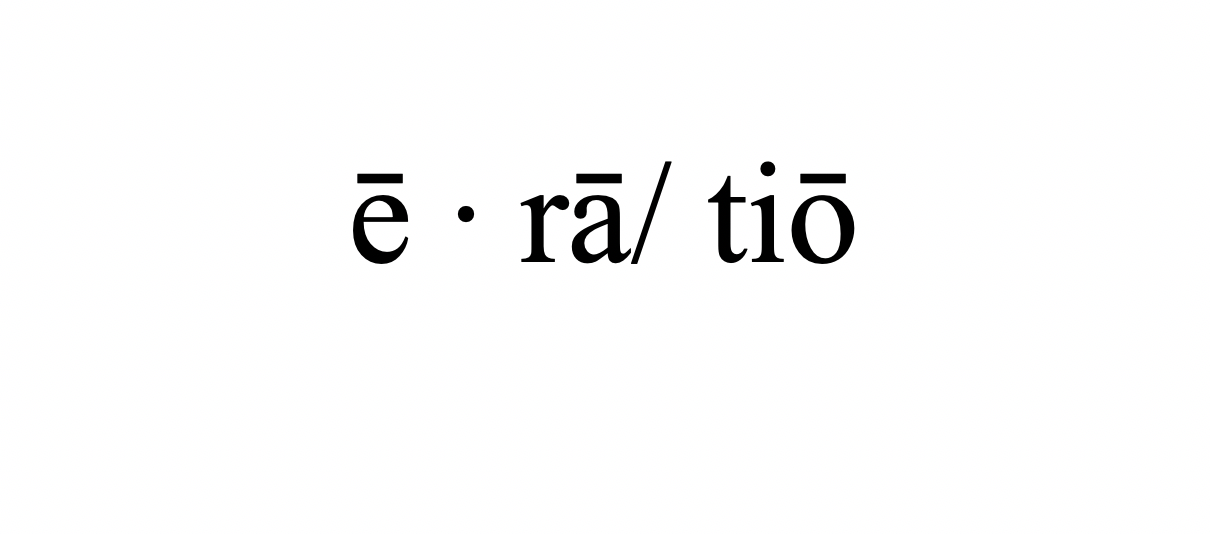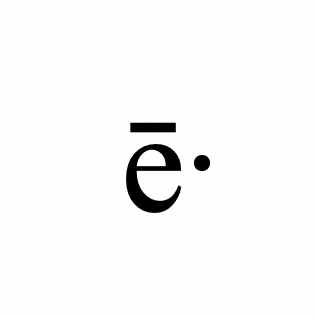Mariana Trench
Simon Ravenscroft
At night the silver eel dives 1000 metres into the depths
of the sea in vertical migrations
undertaken for reasons still unknown to science.
We who live now are at least awakened enough to understand
that even enlightened reality continues to resist explanation,
remains Delphic and strange,
despite all the diligent efforts of the organising intellect.
Stones, shells, assorted plastics
wash up daily on the shores of our minds,
coming briefly to the surface with the tides of perception,
wet, glistening with light, then are washed out again
into the abyssal darkness.
Everything comes in waves.
Understanding in waves, pain in waves, desire in waves.
We make contact with things at their edges
but do not plumb their depths.
They come upon us and we lose them.
We know that we are here but not what here means
for us let alone for others, at least
not in any stable way;
not much is left anymore that yields any sense
of a hidden cosmic weave,
not much of raw, ancient feeling,
except perhaps in the sensation that time trembles as it passes,
is not a solid thing, not total, is haunted or ghostly and yet somehow
grants access to moments of startling depth and immediacy,
a shared look, sequences of touch and sound, of taste
and smell. The angels it has been said
lacking bodies envy us all this, despite the inevitable
complications it brings. Bodies, soft like woven things,
surfaces that touch and are touched, mortal, decaying,
porous like rain. Love that is infinitely various
breathes mystery into lives grown sterile by the misplaced desire
to know themselves entirely in advance, a sacrifice
attempted for the sake of some dream of control
that will never arrive. I think of Prometheus,
his brother, of beloved Pandora, of hope
as an attitude to time defined by an openness
to surprise, fate lingering at the edges (or grace, or fortune),
a certain jollity and brightness of mind. Repeated cycles
of dopamine imply a mechanism but this is a how
not a why, and even if one sheds light
on the other it does not contain it,
not really. Truth is like a crucible and must burn hot,
truth as a feature of experience anyway. Many things
are revealed in the strangest little details. You have to be
awake to notice them, sometimes you have to be burning
with passion, sometimes you have to be suffering.
It is spring. I am waiting for a tree
to bloom. The buds are here
but are not yet what they will become.
I calculate the days.
I know that you will be gone
when the white flowers appear. I want the tree to hurry up
but it won’t. I want you to wait but you won’t
and I daren’t ask you directly.
But I know very well
that it is important to share things. For example,
I have been glad to share the feeling
of awkwardness with you. It is like an alien
creature coiled and sleeping in the space between us,
which we constantly reinvent together.
I don’t mind it.
In fact, I wish you would stay
longer when we are awkward together.
I wonder to myself whether it would be a sin
to be so fragile as to say this to you.
If it is true that we will be gone soon
then others will have come to take our place, in bodies
at once different and the same,
under the same sun, hotter maybe, the same complications of light
and shade, the same refractions, always changing,
the same confusions, the same misapprehensions.
It is this lack of clarity that makes things interesting.
Everything is perceived as if through mists
of that trembling, ghostly time;
we never quite know where we are going
because everything on earth is a riddle,
and the seraphim like to stay quiet these days.
Reason, memory, feeling, the differing orientations
of bodies in space, their softness and vulnerability, the way
the changing light fails and resumes, the dwindling and renewing
of hope, of longing, meaning crowding in at the edges
and then receding, washing in like a wave
and out like a wave, and then finally truth
as a chasm, hardly detectable
at the heart of things, into which an alien light pours
dark like the Mariana Trench.
Simon Ravenscroft lives in Cambridge, England. He is a Fellow of Magdalene College at the University of Cambridge, working in the arts and humanities. He has published poems recently, or will soon, in Osmosis Press, The Penn Review, Apocalypse Confidential, Full House Literary, RIC Journal, Swifts & Slows, Meniscus, Trampoline, Red Ogre Review, and many other places.

